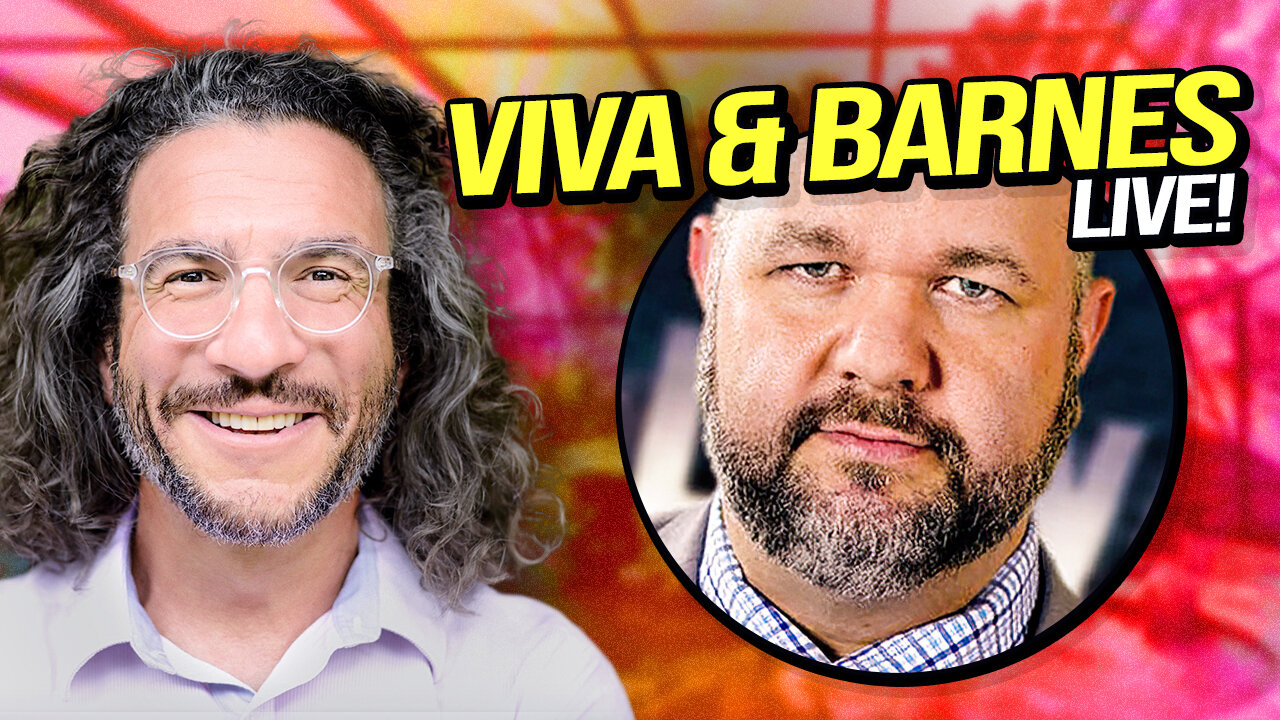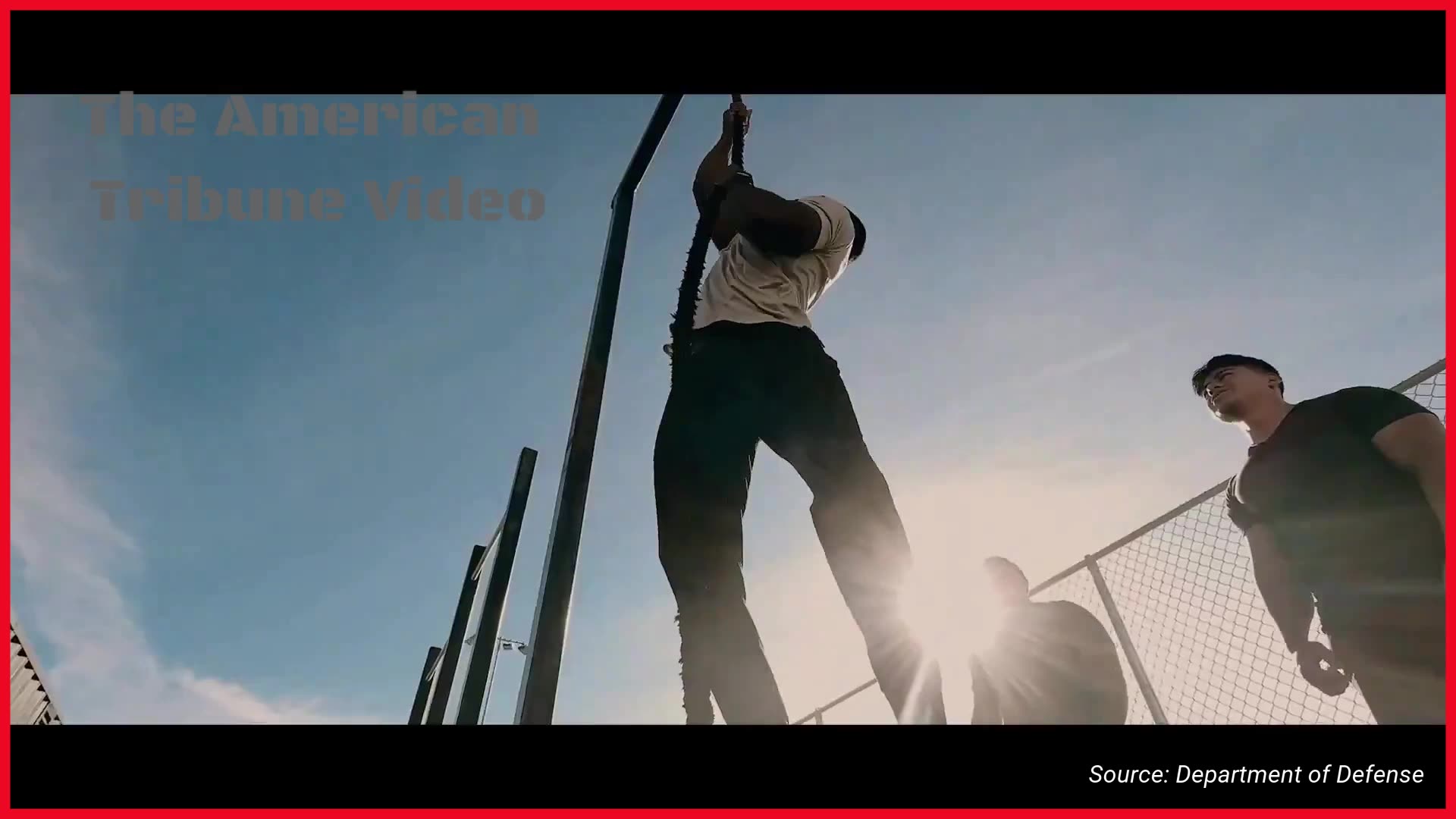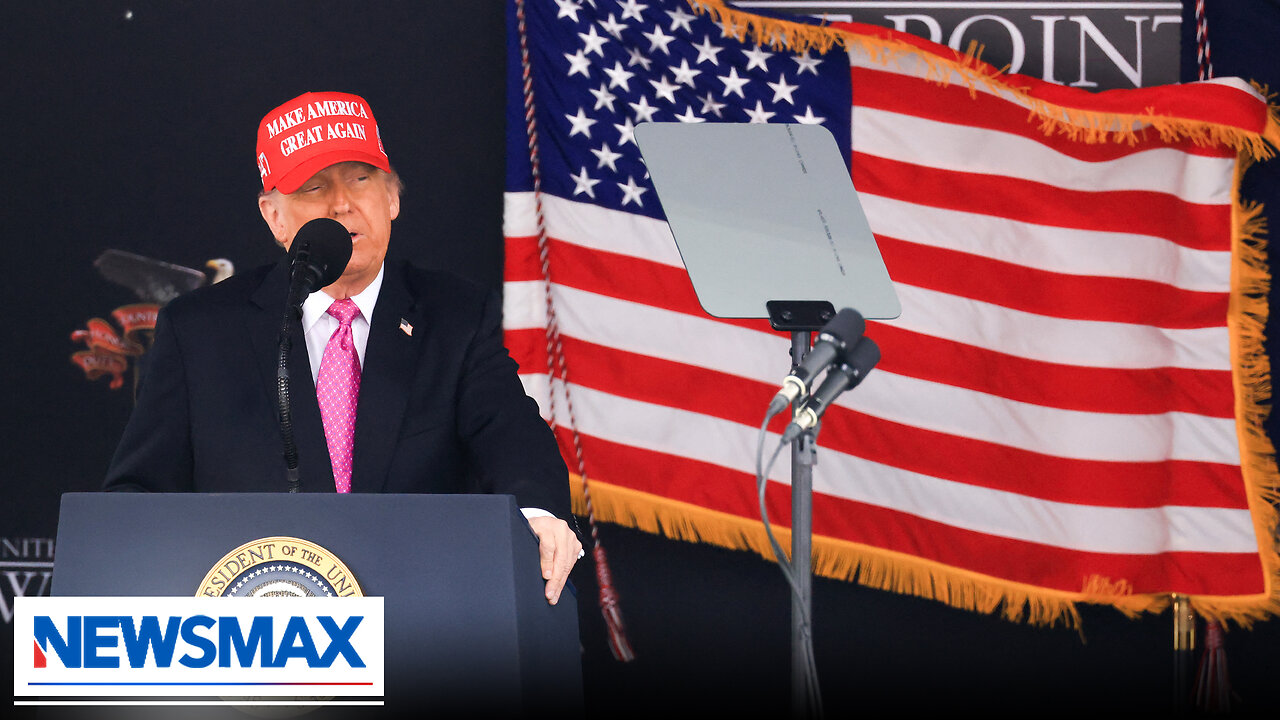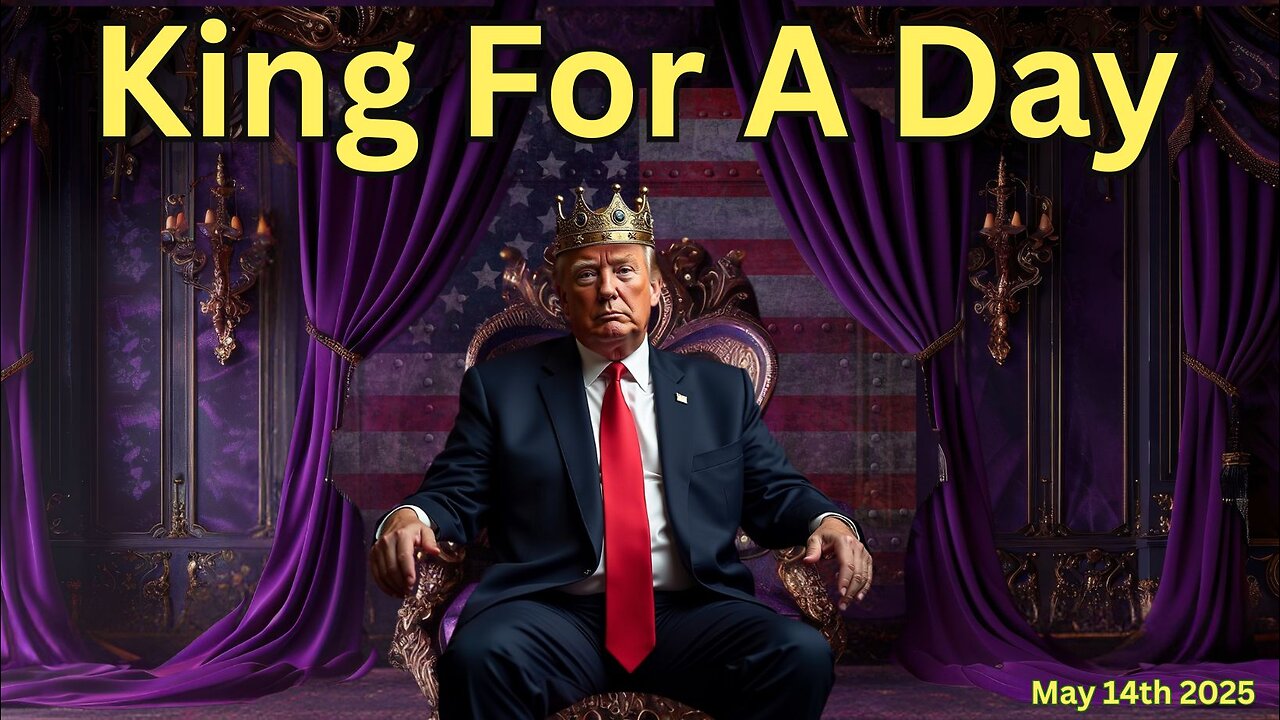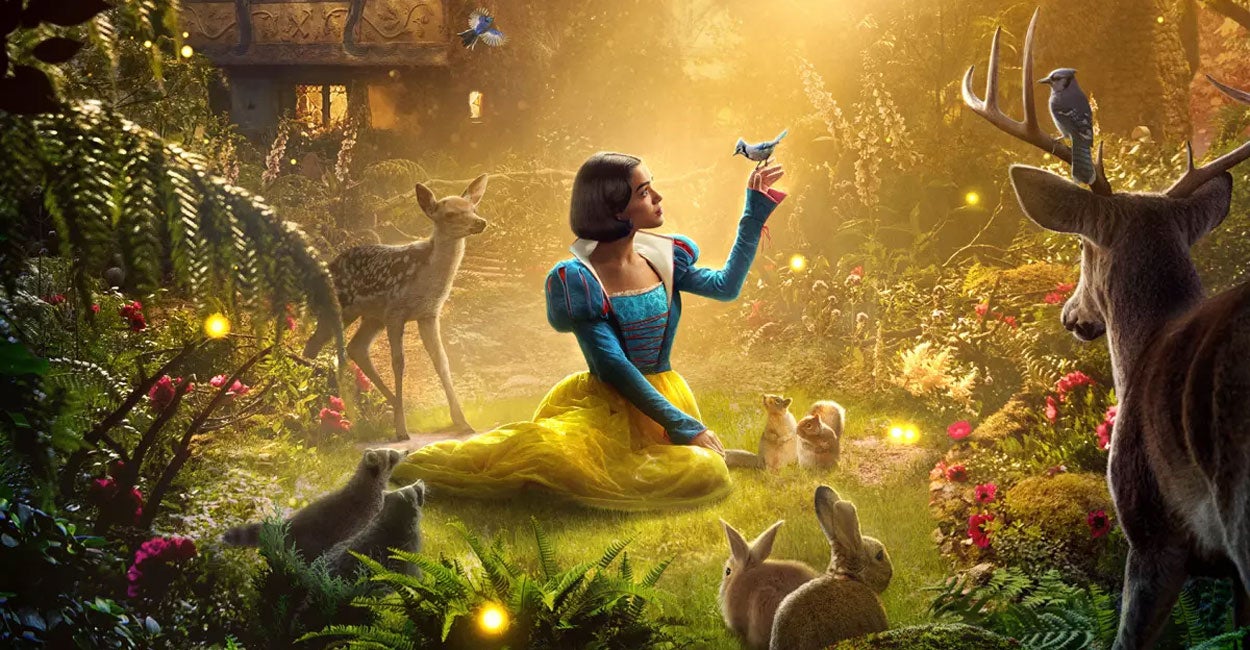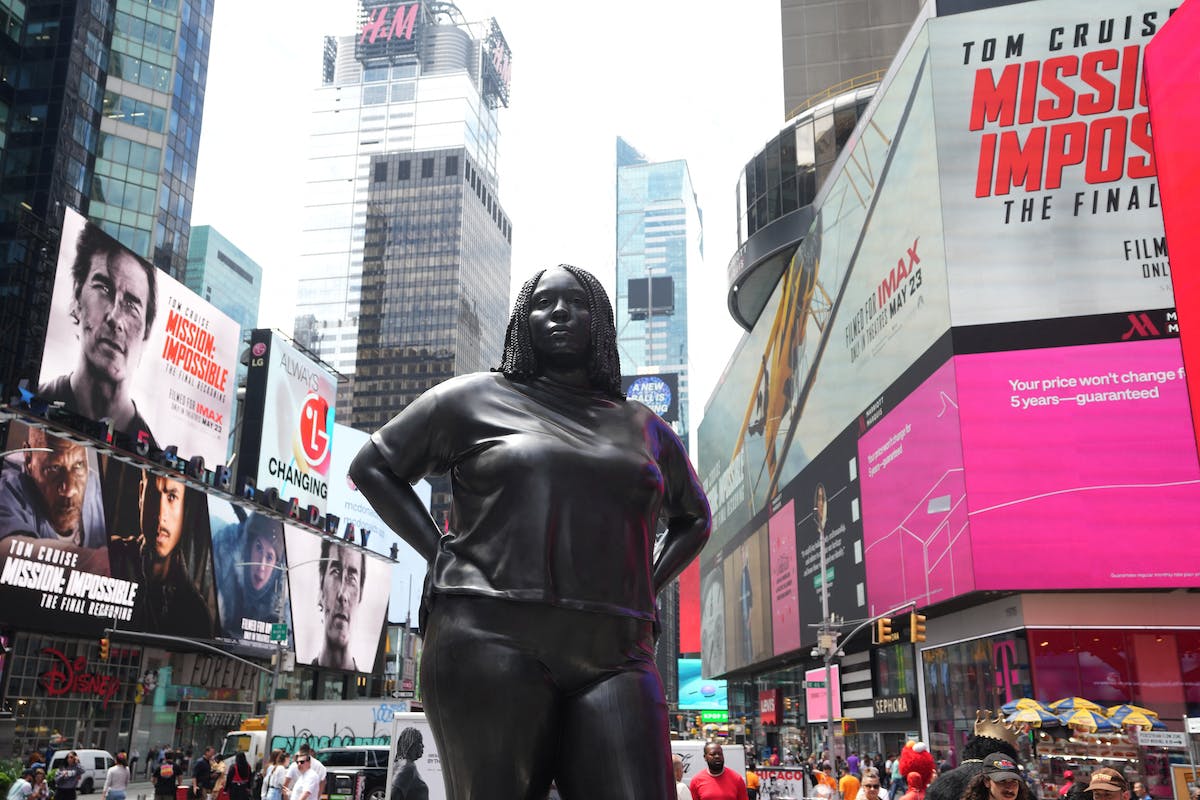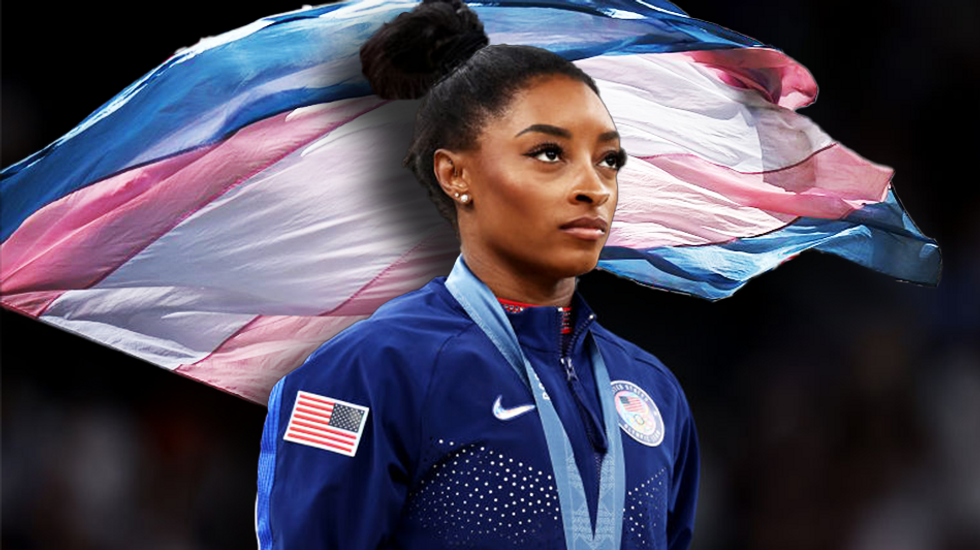Back to the future? Palmer Luckey's Chromatic does nostalgia right
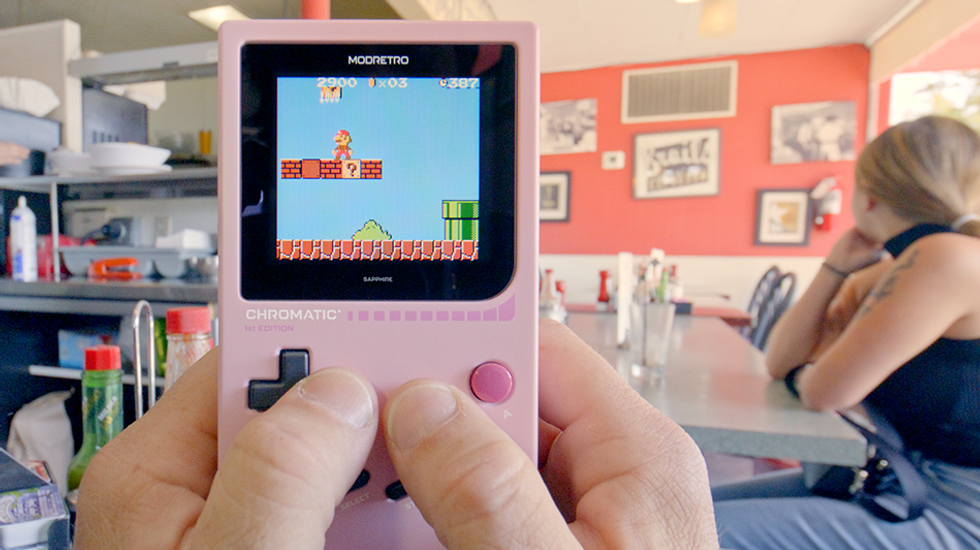

Billionaire entrepreneur Palmer Luckey seems to have hit the nail on the head at the exact right time with the new Chromatic, a Game Boy reboot of sorts offering better screen resolution and updated features.
With the tagline, "The future is retro," Luckey seems to, in some way or another, have his ear to the ground when it comes to the rapidly growing nostalgia trend sweeping North America.
Not even 10 years ago, most Millennials and Gen-Xers would have looked at an old Super Nintendo, Nintendo 64, or Game Boy and paused for a moment, remembered a vague gaming memory, and moved on. Now, that box full of junk has huge retail value.
With mobile gaming capturing a gigantic market share, and platforms such as Netflix and YouTube pumping out their own low-cost games, the population is figuring out that some of their favorite old titles still stand up. With these games and consoles completely phased out of production, a new high demand for old tech has completely rocked the video game industry.
For example, a gold Nintendo 64 in a beat-up box can run a cool $1,000. Meanwhile, if your parents dished out around $100 for the special release of EarthBound for Super Nintendo in 1995, that investment has now grown 20 to 30 times, at around $2,000-$3,000, depending on where you look.
To fill the gap, consoles with the capability of playing everything from 1987-2005 and beyond have flown off the shelves.
Enter Chromatic, the latest gap-filler for Game Boy and Game Boy Color games. Produced by Palmer Luckey's ModRetro company, the tech guru said he wanted to "build the ultimate way to play Game Boy games."
"Not just the next one or one of many, but indisputably, the very best way, the most authentic, the highest quality, one that will last for generations as a piece of heirloom-grade tribute art," Luckey said in a launch video.
He's not wrong.
While most — not all — new-retro consoles feel somewhat soulless, before even opening the box gamers are greeted with colorful graphics right out of 1994 — the cheesy era, not the extreme era.
The box emulates a grade-school notebook that was drawn on by countless friends, each leaving a memory behind. The package communicates to the owner to keep it and not let it get damaged.
The Chromatic itself looks like a Game Boy but feels updated.
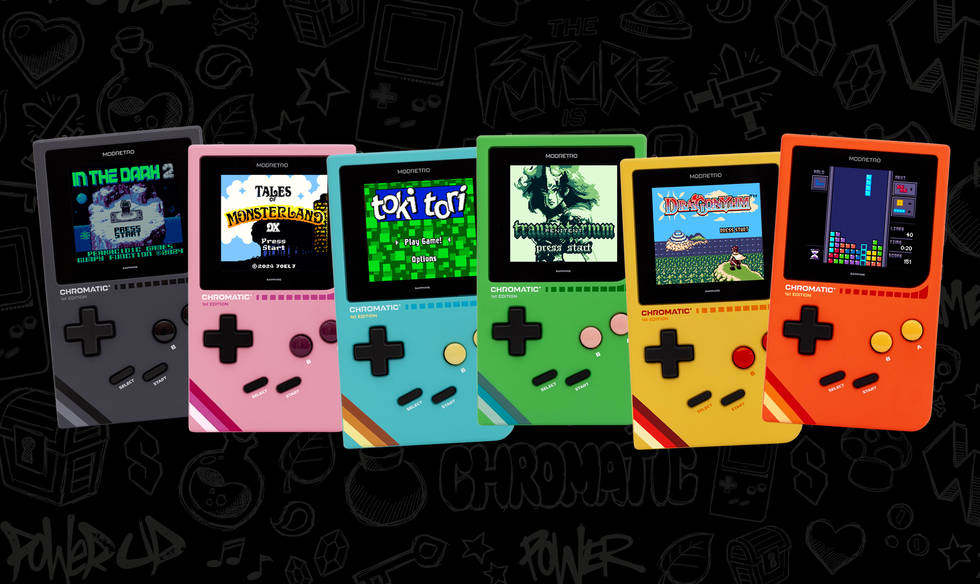 Photo courtesy ModRetro
Photo courtesy ModRetro
Purposely made to feel like an old Game Boy — only in the good ways — the Chromatic includes those old-school button *clicks*, the use of a directional pad, and the same orientation of an old Game Boy Color.
The volume is operated by a dial (wheel), which feels great for some reason. Additional features include a Game Boy Color connector port and the IR port to communicate with other systems, as well.
The lesser features of a gaming system from 1989 were solved, too. The screen is an obvious upgrade from a Game Boy and Game Boy Color but manages to look identical, which Luckey said was a completely "irrational" move from a money standpoint.
The screen has the same pixel structure, identical layout, identical resolution, and size to the Game Boy Color display while promising to reproduce "the strange colors" that its predecessors did before it. By most accounts, including this one, it does the job it set out to do.
The body of the product is magnesium aluminum alloy, giving it a very industrial feel that brags about being indestructible. There is an additional headphone jack, USB-C port, and a single button on the right-hand side to bring up the settings menu.
Power options include a rechargeable battery pack, or users can simply use three AA batteries. Without either, users can plug-and-play but obviously must stay connected.
'I love the Game Boy, and I don't see this as a way to make money.'
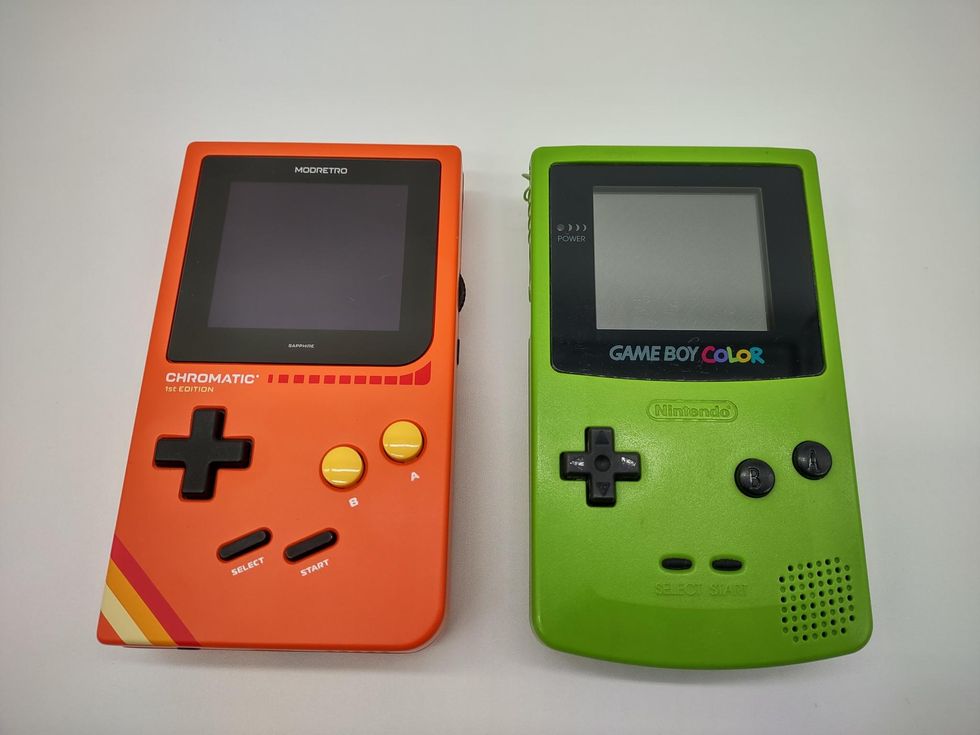 A Chromatic side by side with an original Game Boy Color.
A Chromatic side by side with an original Game Boy Color.
The Chromatic launched with nearly a dozen games, all of which are unique aside from a new Tetris cartridge that comes with the system. A new game is set to release each month.
At $199, this handheld will cost about as much as a secondhand, out-of-box Game Boy Color will cost today. Of course, it will also play all the games from Game Boy and Game Boy Color, plus its own catalogue.
Having said that, this is a collectible, and it was smartly made that way on purpose. With so much more heart than other reproduced firmware, the Chromatic delivers on what it promises. Gamers will feel what they're meant to feel with their old games, but their eyes won't be burnt out and a night-light won't be required to see the screen.
With this product, Luckey should be ranked as less of a Mr. Burns and more of an Arthur Fortune.
The 32-year-old basically threw his money at creating a system for sheer enjoyment, and so long as he doesn't try to block out the sun, maybe he can be trusted to recreate an N64 or PlayStation.
"I love the Game Boy, and I don't see this as a way to make money. I see this as a way to make the world's best tribute to the Game Boy, something that I'll be proud of for a very long time."
Like Blaze News? Bypass the censors, sign up for our newsletters, and get stories like this direct to your inbox. Sign up here!
Originally Published at Daily Wire, Daily Signal, or The Blaze
What's Your Reaction?
 Like
0
Like
0
 Dislike
0
Dislike
0
 Love
0
Love
0
 Funny
0
Funny
0
 Angry
0
Angry
0
 Sad
0
Sad
0
 Wow
0
Wow
0




























